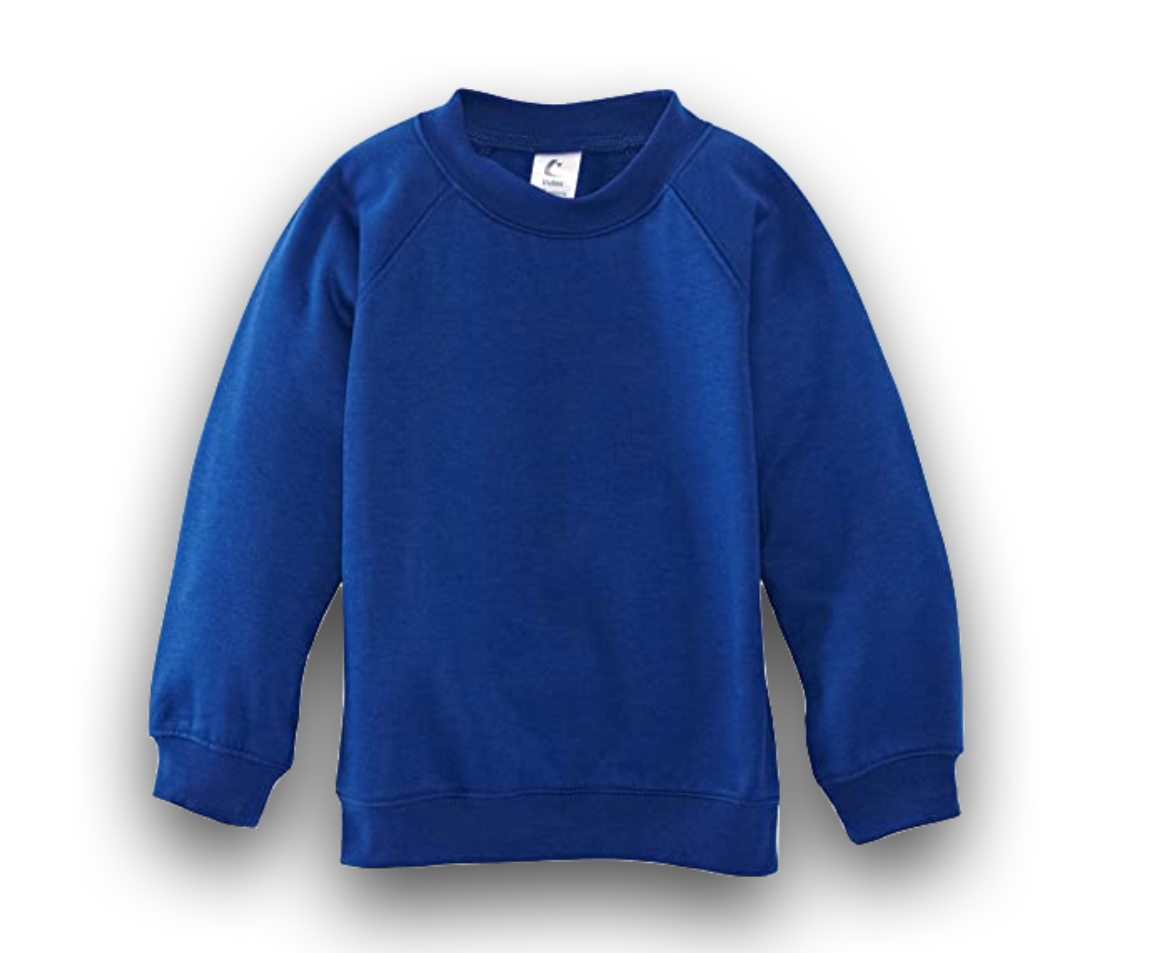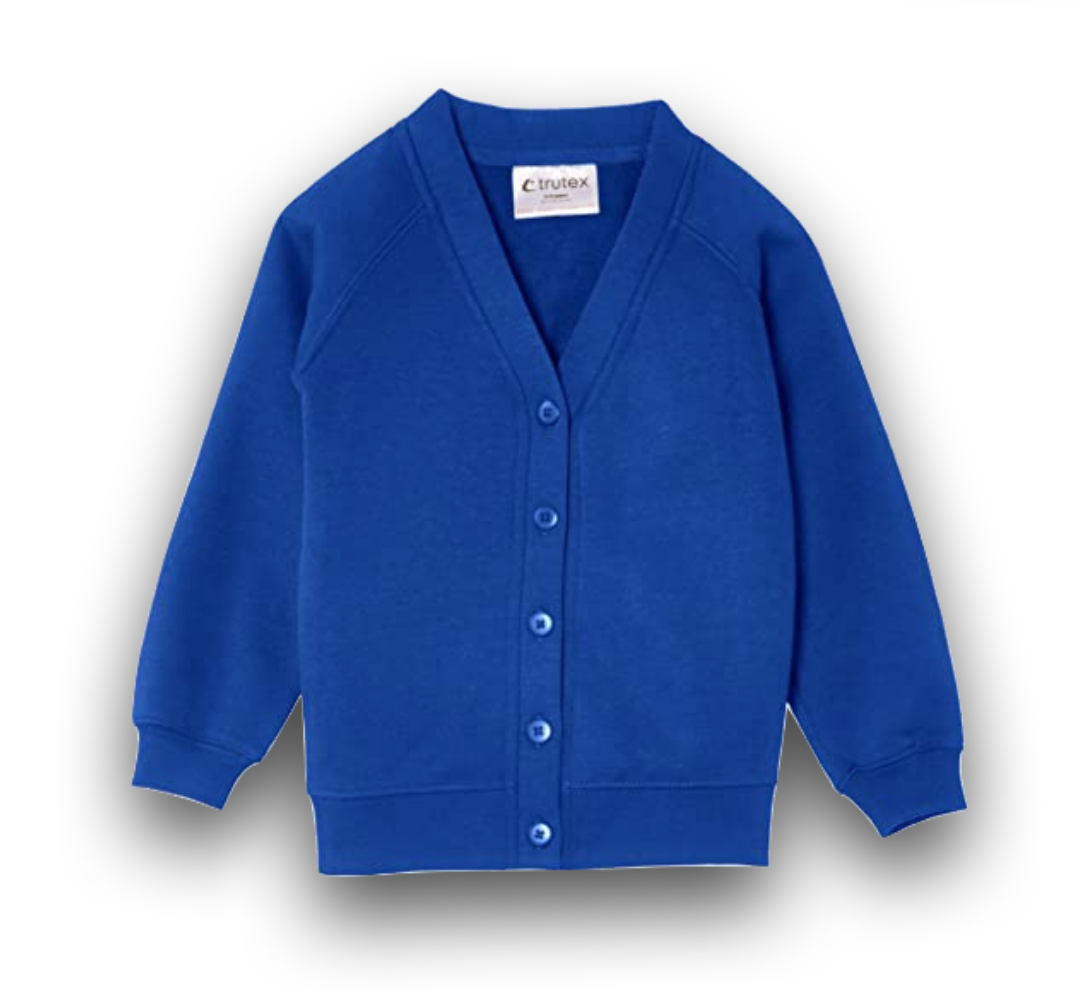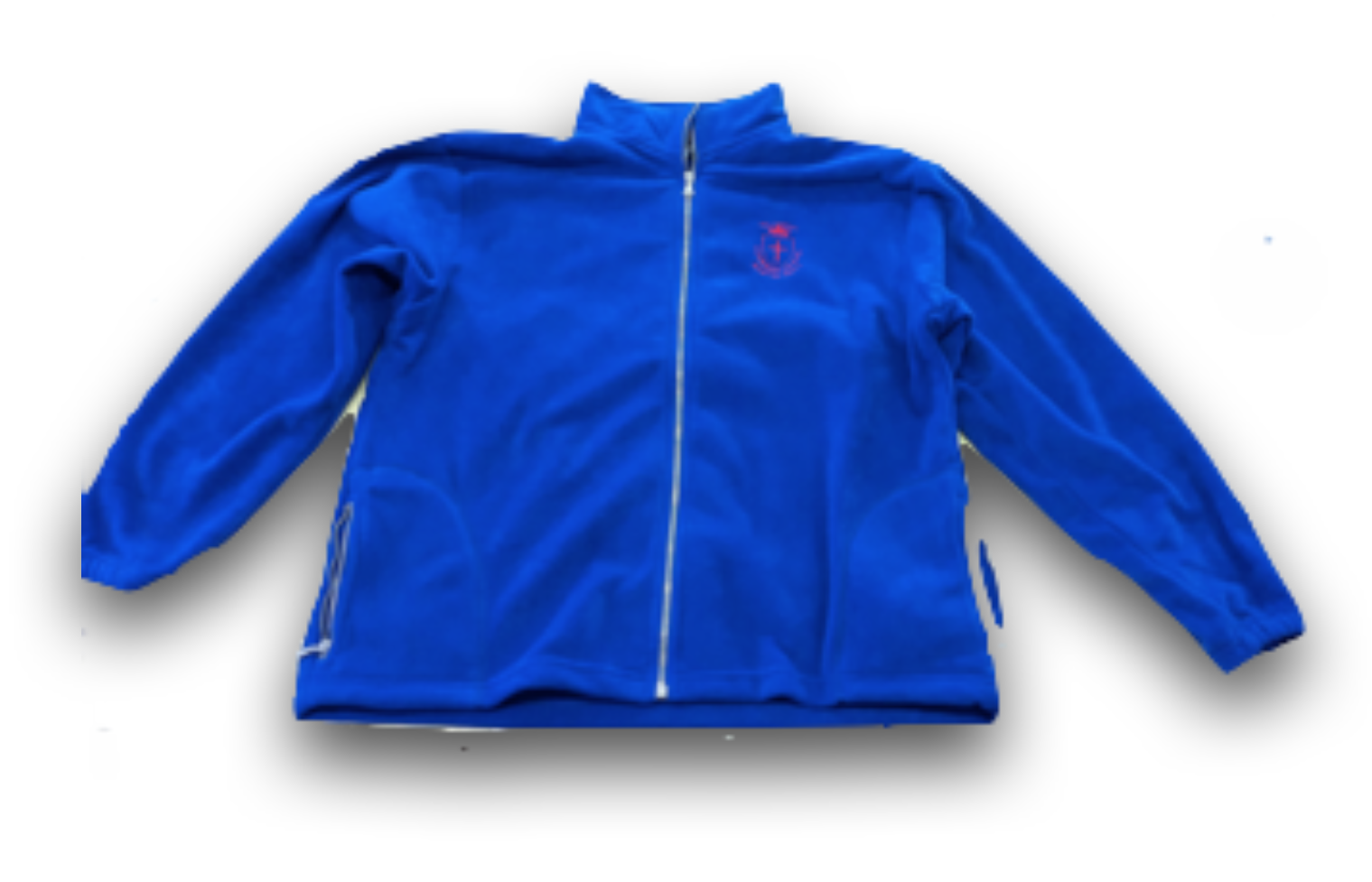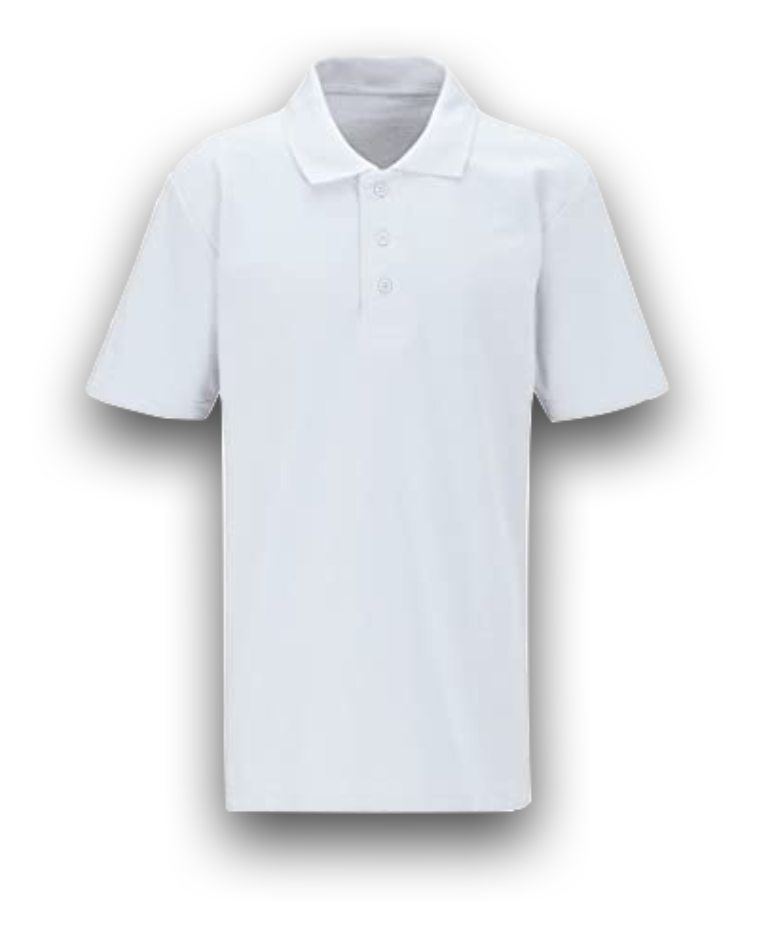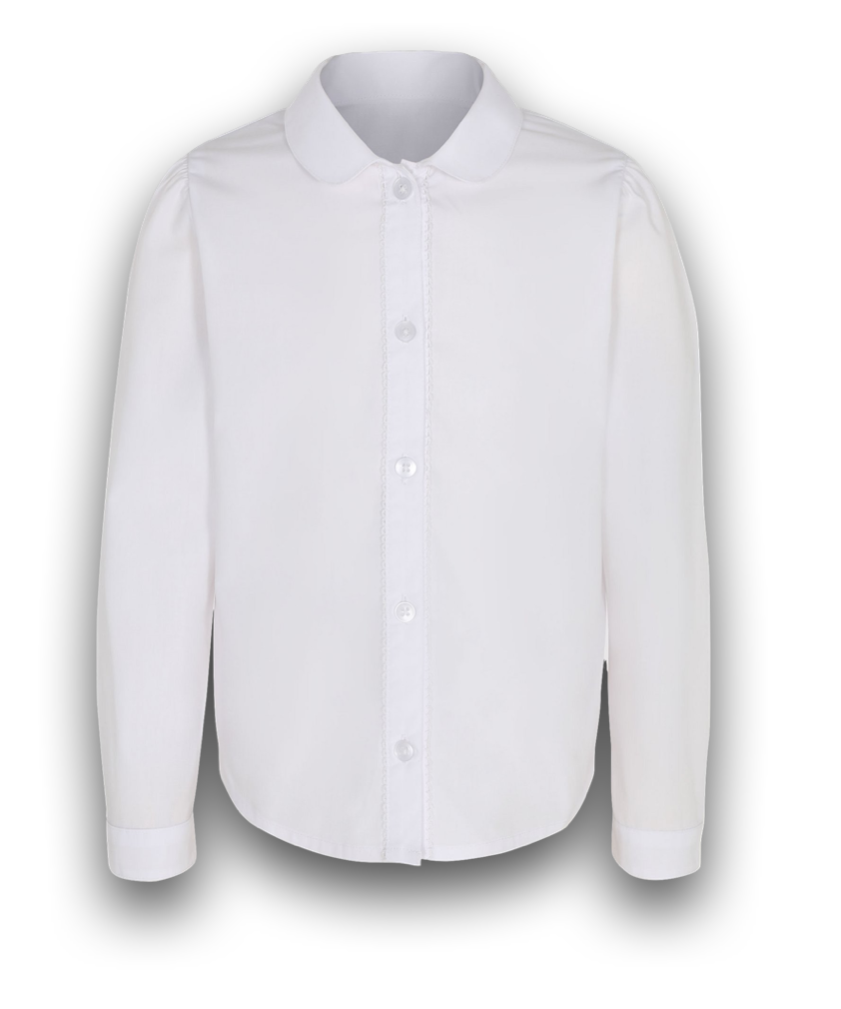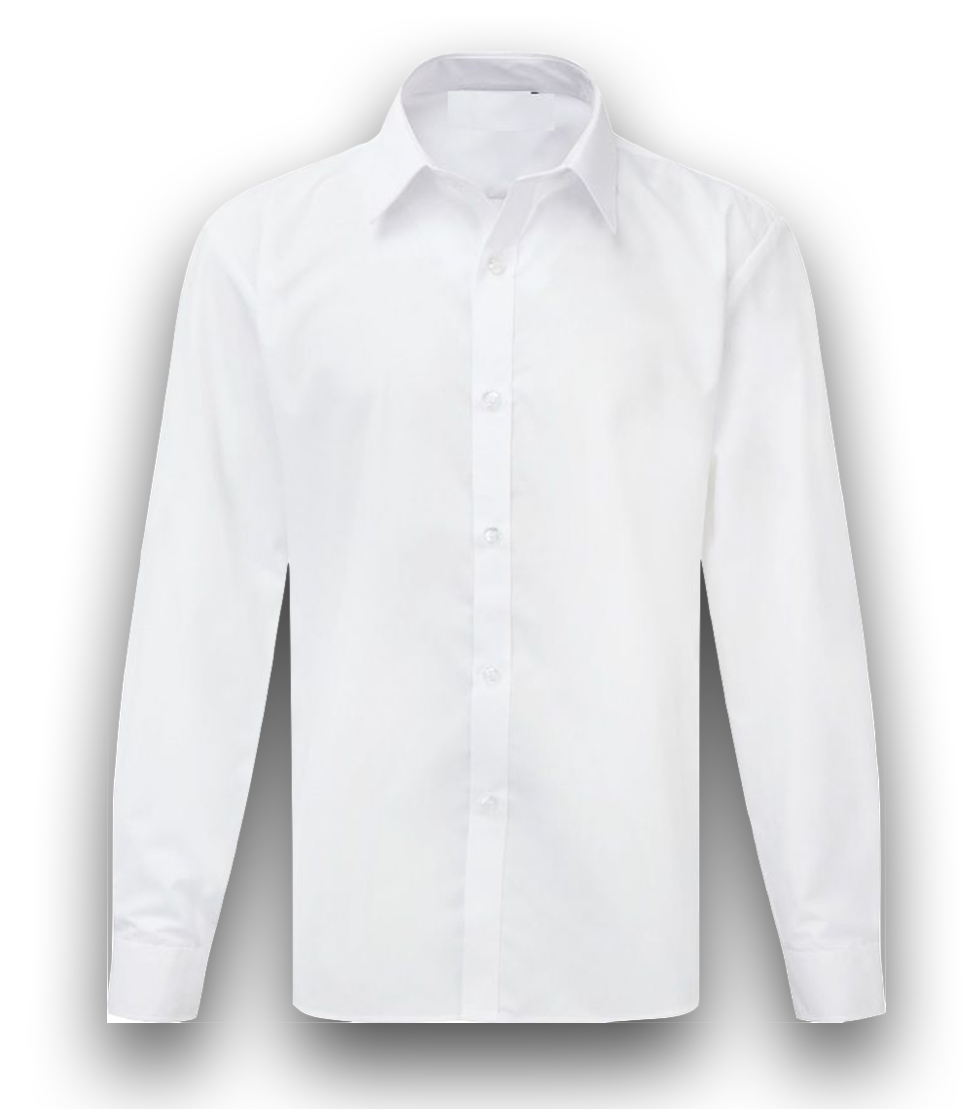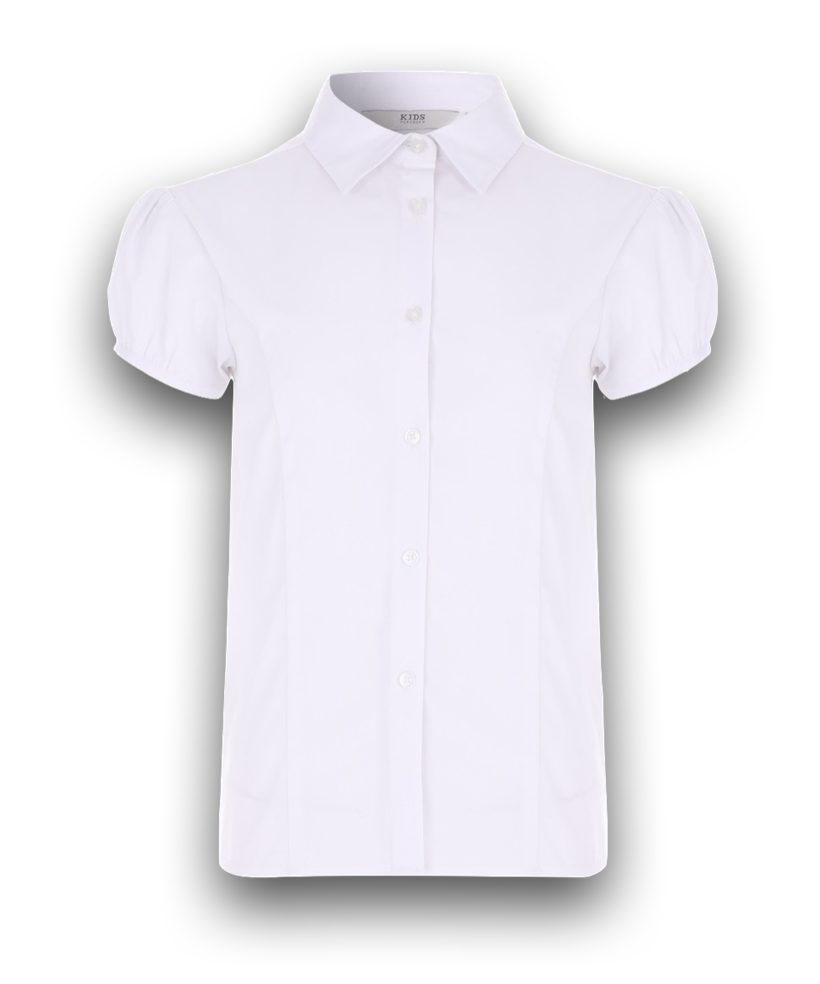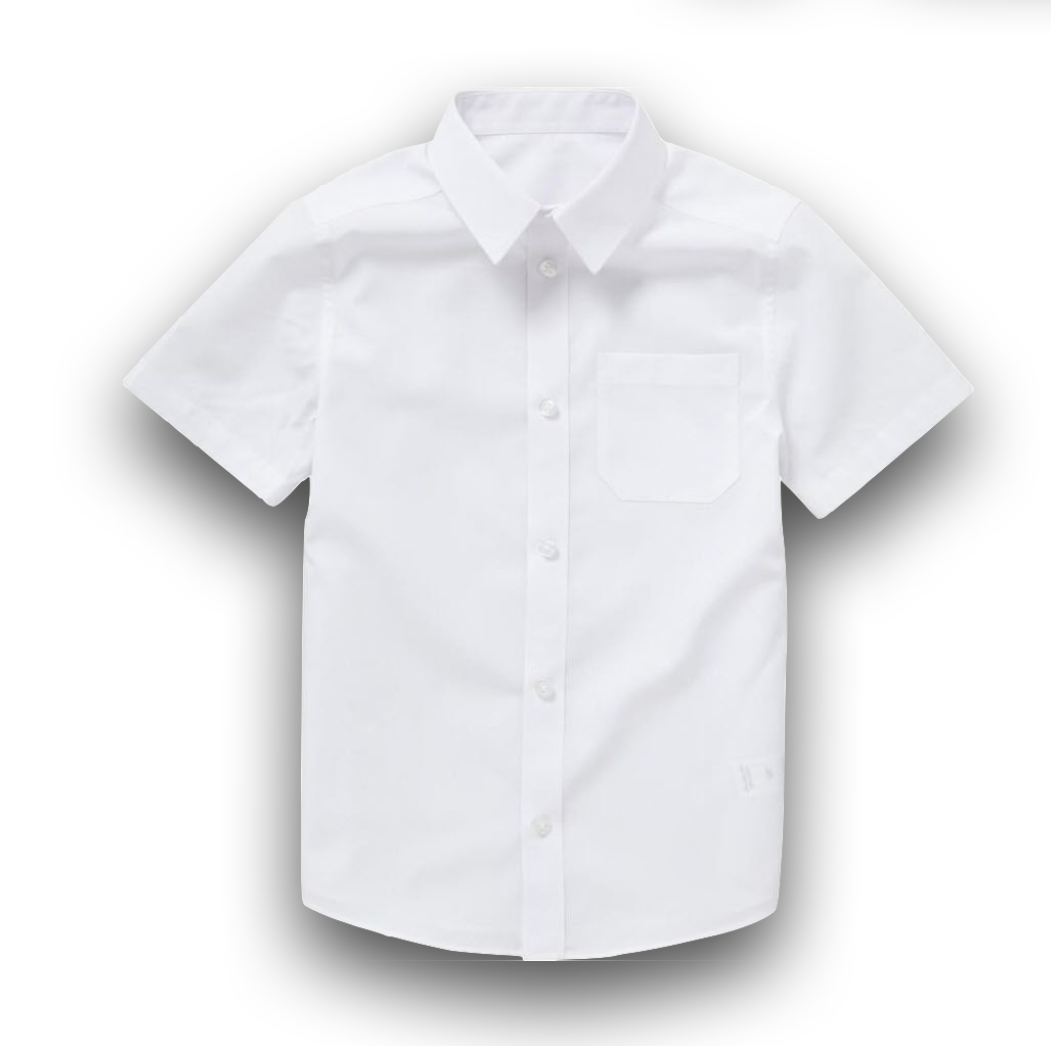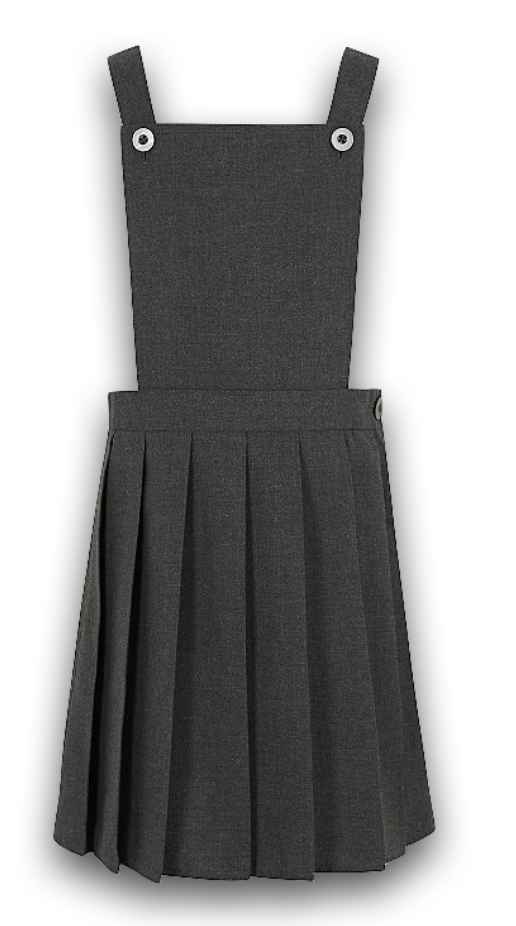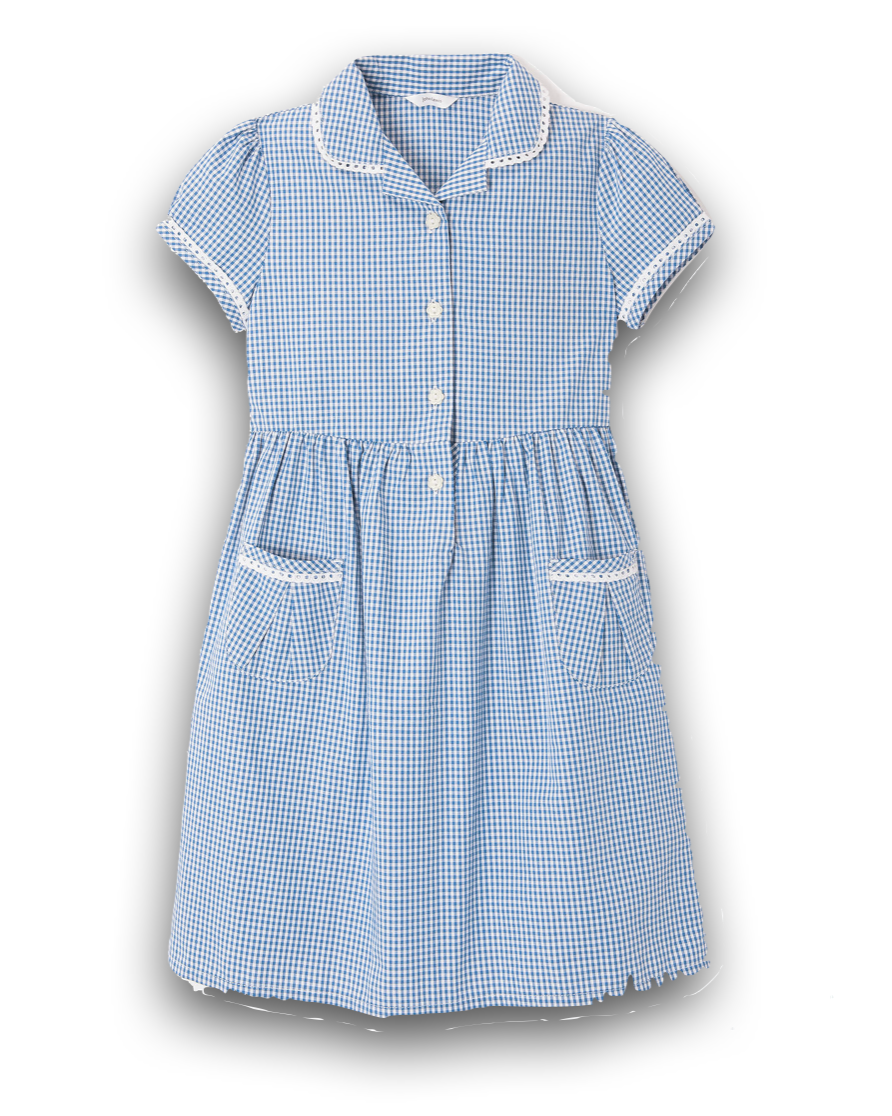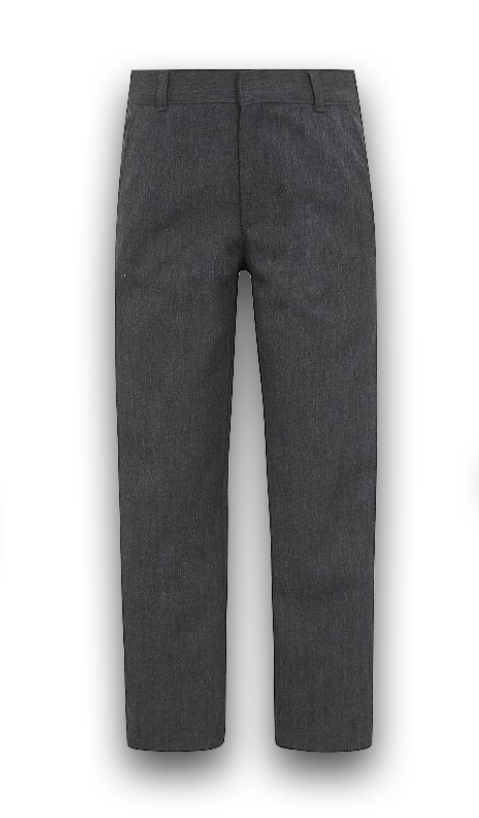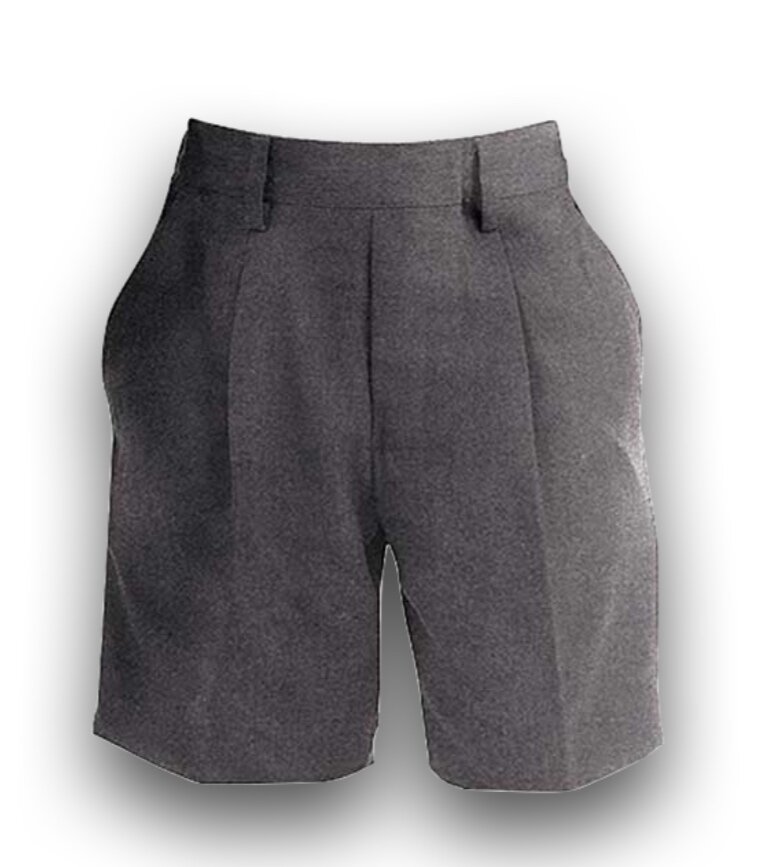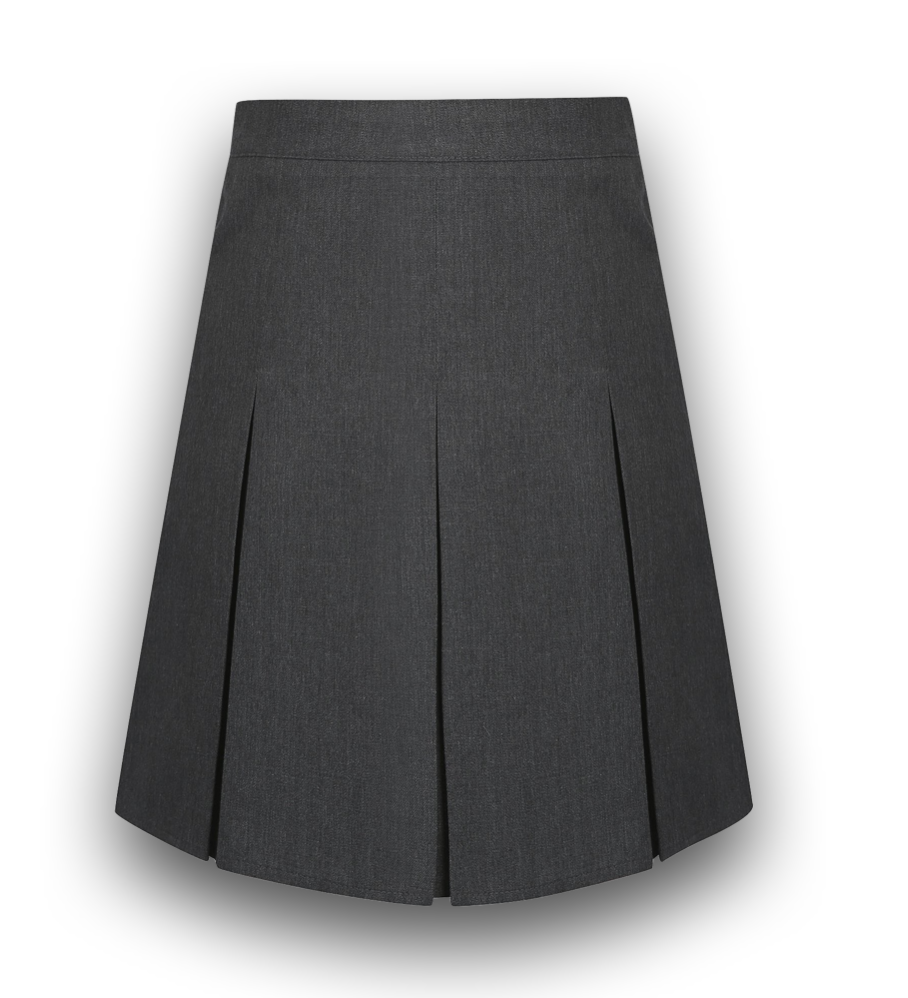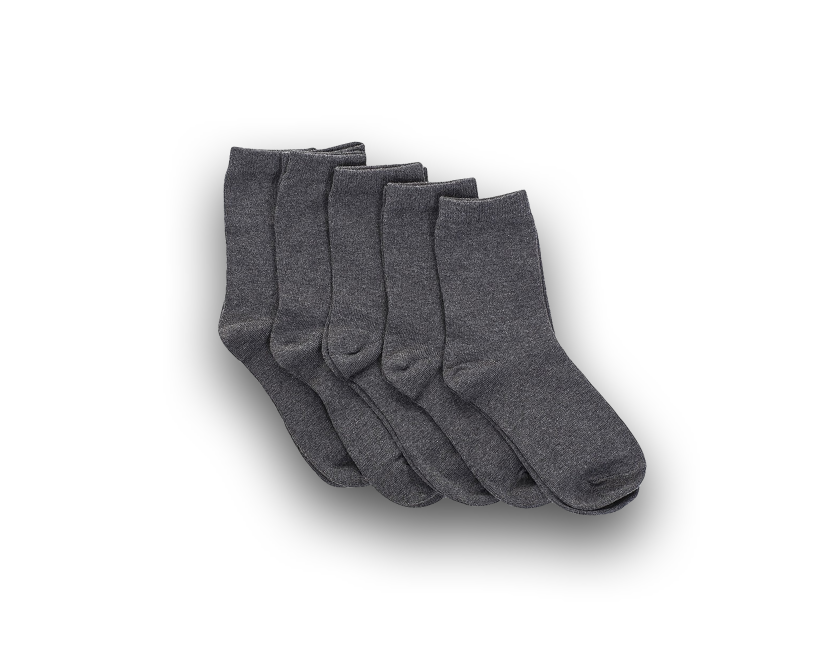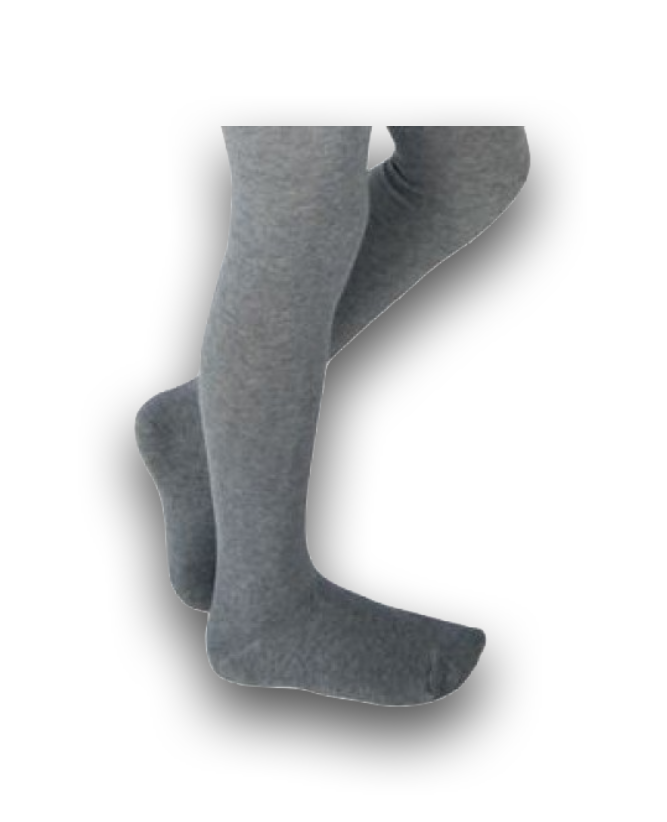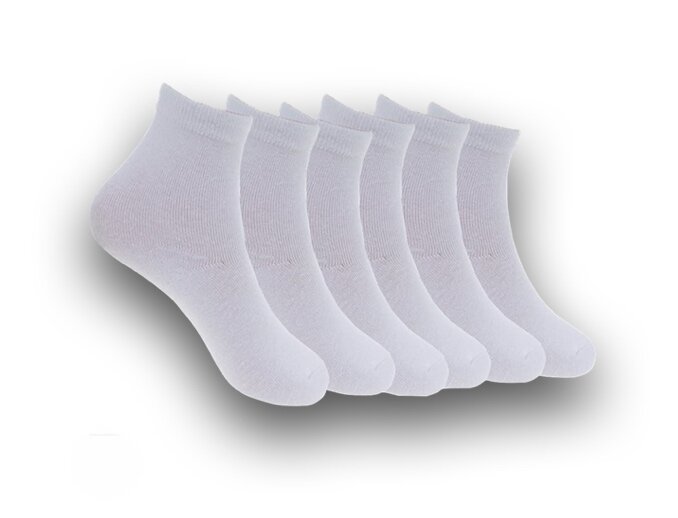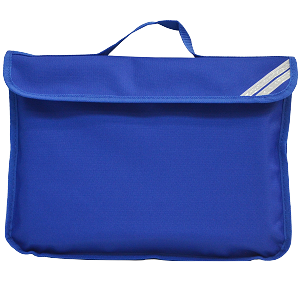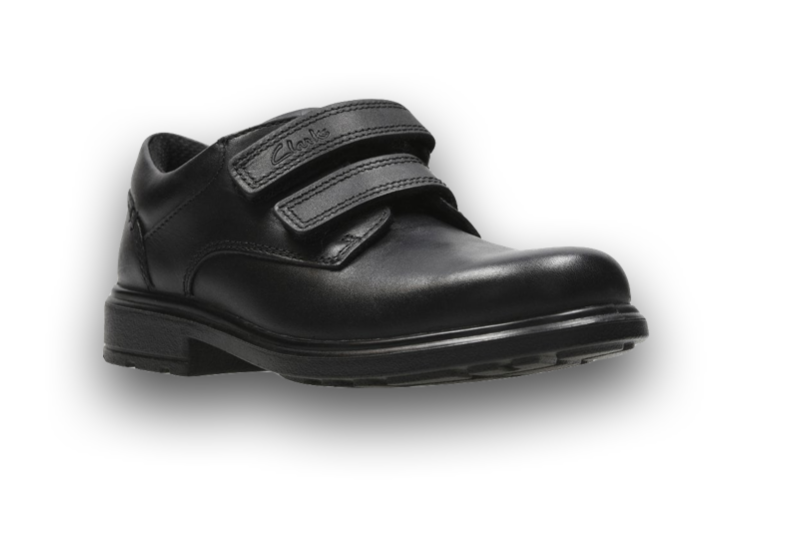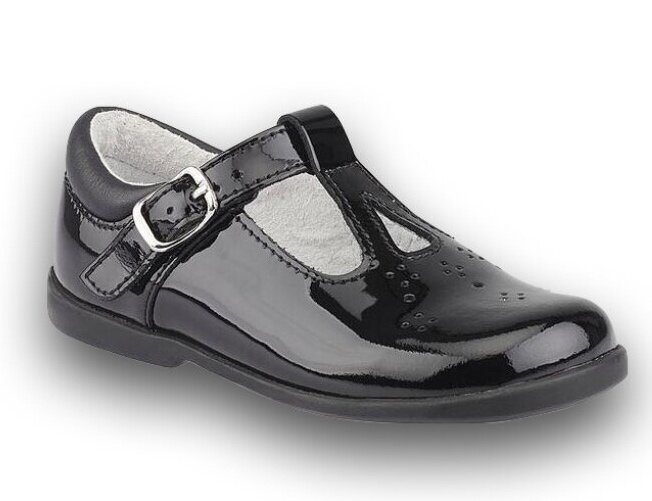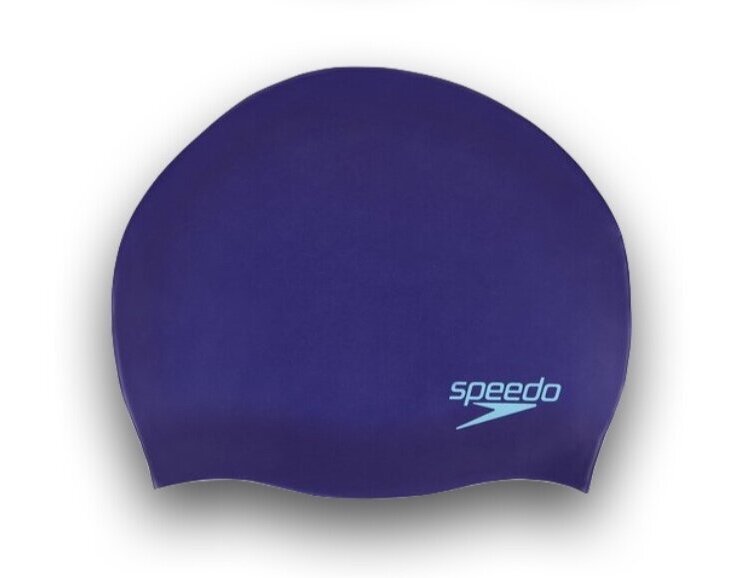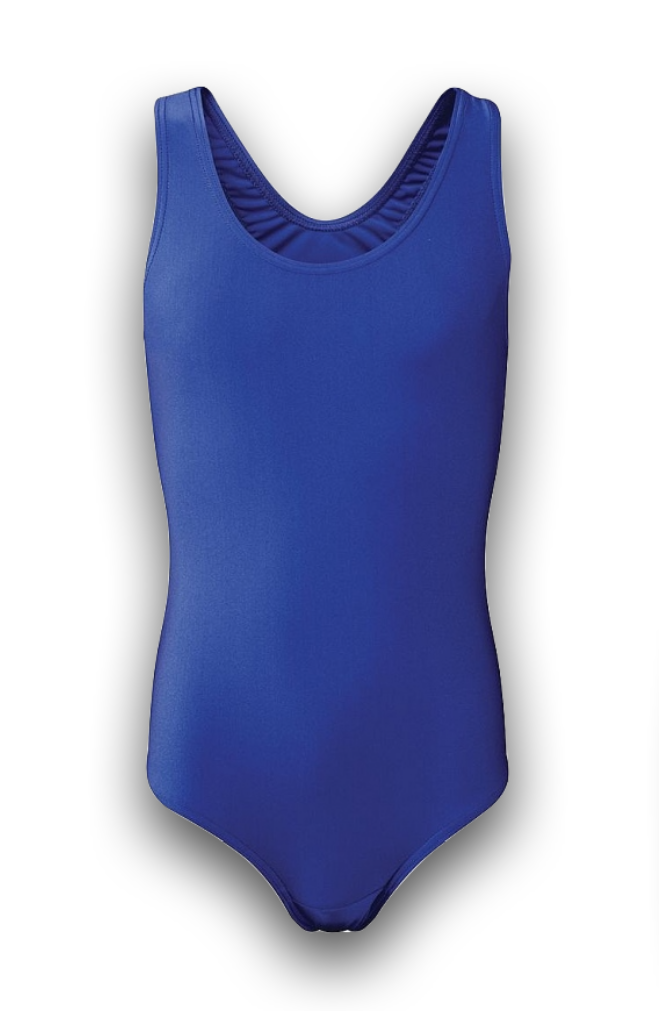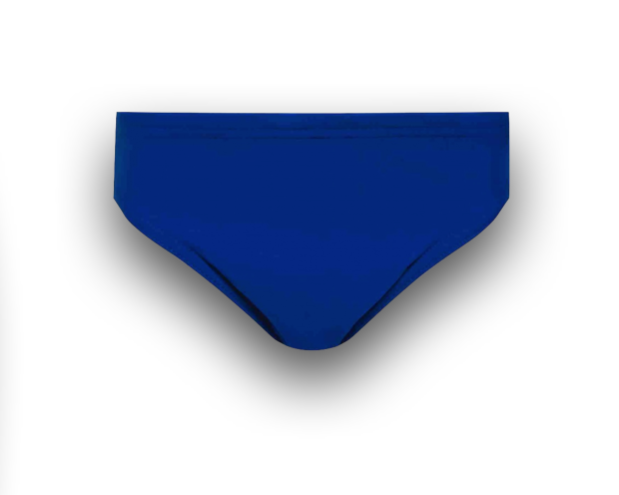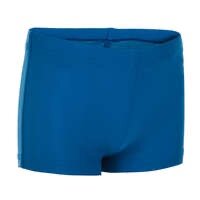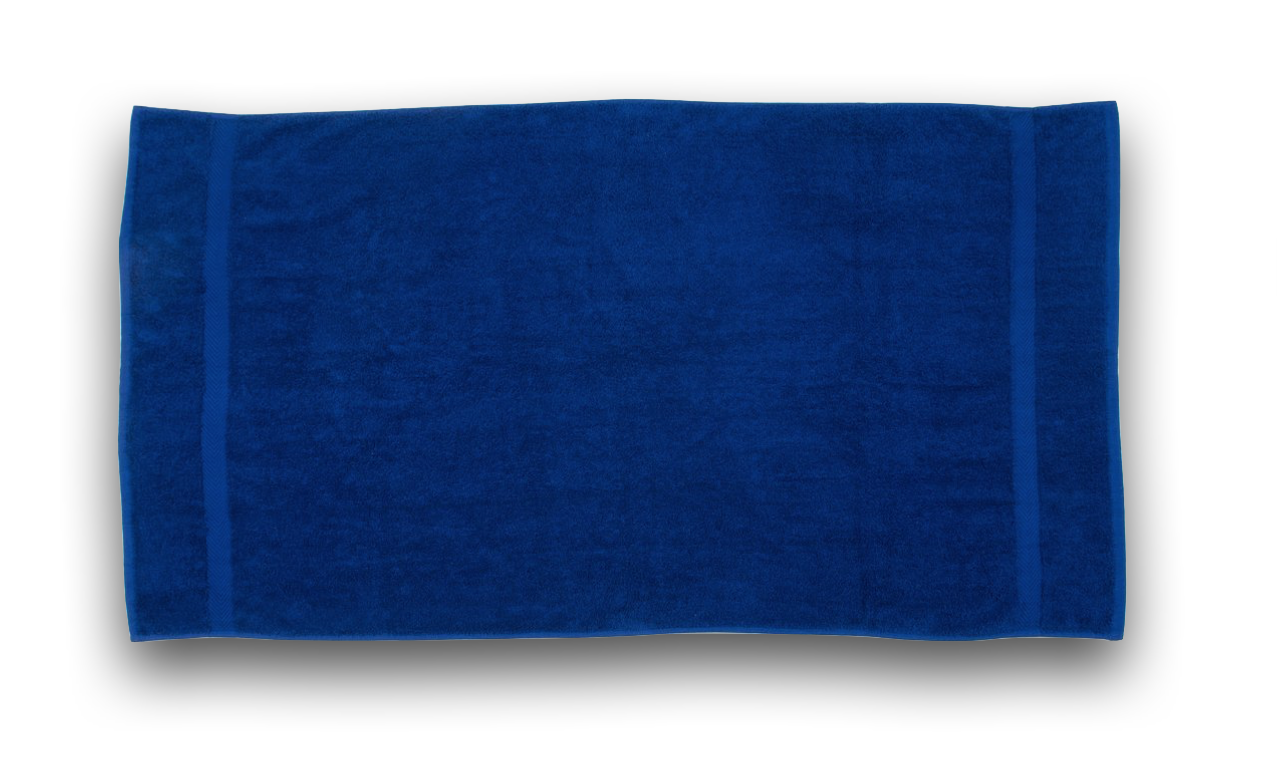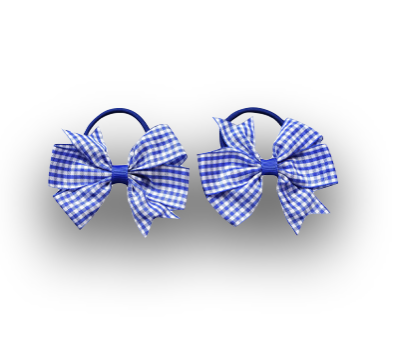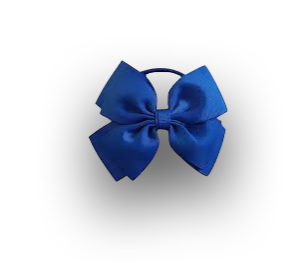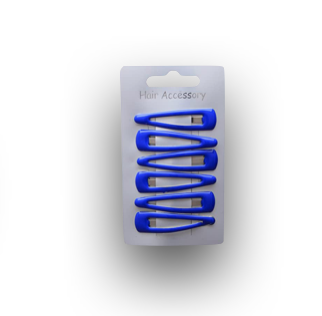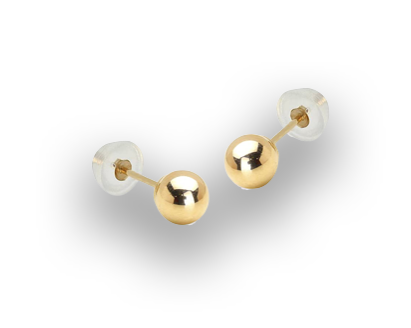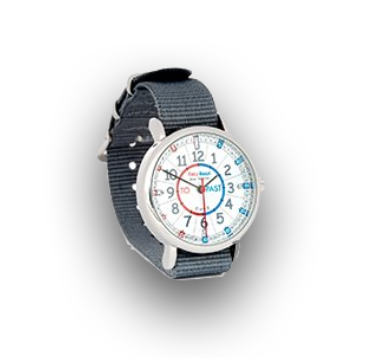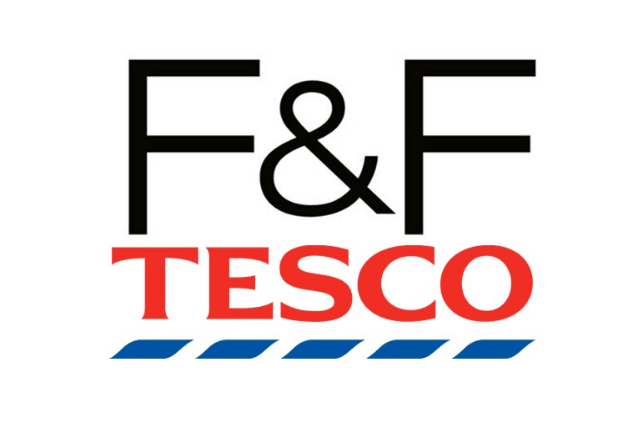Uniform 👕
School Uniform
It is expected that your child will wear the correct school uniform every day. We insist on the children wearing school uniform because:
It helps bring the children together into one school community.
It is practical and well-matched to the activities that the children will be completing in school.
It ensures that the children feel as equal as possible and not self-conscious about what they are wearing in comparison with others.
It helps prevent teasing and bullying.
It ensures that families have less pressure on them to purchase multiple items of clothing, which can often be expensive when chosen by the children.
It instills a sense of discipline in the children and better prepares them for when they go to high school and the world of work when they are adults.
If your child arrives at school inappropriately dressed then the class teacher will remind both you and your child of the correct uniform. If this happens on a second occasion then the matter will be brought to the attention of our Head Teacher who will write with a reminder.
If, at any time, you are struggling with finances and can’t afford uniform, then please get in touch and we will always try and help. We do have a large selection of items of school uniform available in school so if you are ever short of uniform please do see Mrs Flatman or Miss Caveney.
If your child has a medical or other urgent problem which means they are not able to wear school uniform, then you need to contact school through email, the telephone or a note to explain the reason. This can help your child avoid being asked why they aren’t in uniform on numerous occasions and stop them from being unnecessarily worried.
Our Uniform
Here is a list of what your child will need:
Clothing
Children will need to wear a coat that is suitable for the weather at that time of year. Even if it isn’t raining when they come to school, it could be soon afterwards.
Please ensure that the uniform is well fitting to avoid embarrassment and discomfort for the children. Sometimes the ages on clothes may not reflect the correct size of your child.
Everyday in school we may have up to 2000 items of personal belongings in the building and unfortunately it is extremely difficult to find lost items that don’t have names in them. To save time, distress and your money, please ensure that all of your child’s belongings are labelled with their name.
Everyday Use
Combinations of the below must be worn and you can purchase fleeces, jumpers, cardigans and polo shirts with the school badge and name already on. Hooded jumpers are not allowed apart from in P.E. outdoors in cold weather.
Shoes
Proper School shoes with a flat sole i.e. without a thick tread and a small, sensible heel.
High heeled shoes and boots or trainers are not allowed. Fashion shoes with high heels are not only dangerous but very expensive.
Trainers are also expensive, bad for growing feet if worn all day and bring dirt and mud into school on their tread.
Please teach your child how to tie their own shoelaces if they are to wear shoes with them. It will save a lot of time in school.
P.E. Kit
Pupils are to continue coming in to school wearing P.E. kit on the days in which they have P.E. lessons.
They must wear:
Plain white or blue t-shirt
Plain black, dark grey or blue shorts (in warmer weather)
Plain black, dark grey or blue joggers (in colder weather)
Plain black, dark grey or blue leggings (in colder weather)
Plain blue jumper, cardigan or tracksuit top - school jumper/cardigan is more than fine
Trainers - preferably black (pumps would only be suitable for indoor use, and not to be worn to school)
Football kits and fashion items (including patterns, names and slogans) are not part of the P.E. kit uniform.
P.E. kit items will be included in the school’s Uniform Swap Shop.
Swimming
Children may wear any colour of these items.
It is essential that all girls (and boys with long hair) have a swimming hat otherwise the swimming instructor will not let them into the pool.
Please also note that all jewellery including earrings must be removed before swimming lessons.
Hair Accessories and Jewellery
Hair accessories must be small, neat and tidy.
Children can not wear hooped or other types of earrings for health and safety reasons. If they were to get caught in another child’s clothing they could injure the children.
Earrings must be removed by your child before P.E. lessons or covered with plasters sent in from home.
Watches may be worn if your child can tell the time. Smart watches are not allowed in school.
Buying Uniform
Below is a selection of suppliers who can supply school uniform but without the school badge on.
If you wish to purchase uniform with the school badge on, and with your child’s name printed in the label, you can order a number of items from Touchline directly. Please remember that it is not compulsory for the children to wear any item of clothing with the school badge on.
In 2021, the government brought into the law the following:
The purpose of this guidance is to ensure the cost of school uniforms is reasonable and secures the best value for money. The guidance outlines the cost considerations which schools should consider when:
- developing and implementing their uniform policies
- managing their uniform supplier arrangements
It also covers:
- the provision of second-hand uniform
- other support with the cost of school uniforms
- the information schools should provide to parents regarding their uniform requirements
With the introduction of this guidance our school had very little to consider as we have always been aware of the cost of uniform and wanting to support families. Here is how we meet the requirements set out by the government.
Assess the overall cost implications
Schools should assess the overall cost implications of their school uniform policy for parents and be aware of how costs could mount up where multiple items of the same garment may be needed. For instance, when a child may grow out of an item quickly or where spare items are likely to be needed.
“We have always been mindful of the cost of uniform, and that families with multiple children could quickly be spending a great deal of money. We want our children to look and feel smart, included in the school family and not pressurised into spending a lot of money on uniform.”
Assess the impact variations in their uniform can have
Schools should assess the impact which variations in their uniform (such as house colours or specific items of clothing for different year groups) can have on total costs and the ability of parents to pass items down between siblings.
“Our uniform is simple, applicable to all pupils and in all key stages. ”
Avoid frequent changes
Schools should avoid frequent changes to uniform specifications. They should show how any change in uniform specifications secures the best value for money or why the change is required. Schools should take action to minimise any financial impact of any change on parents (such as allowing pupils to continue to wear the old uniform for a reasonable period).
“There have been no significant changes to uniform for a long period of time and there are no plans to change at the present time. Any change would be consulted upon with families, and phased in over a number of years.”
Consider how costs affect different groups of pupils
Schools should consider how the cost of their uniform might affect each group represented at the school, especially children who belong to groups with a particular protected characteristic.
“Christian symbols are included in the school badge, but children do not have to wear a branded piece of clothing. All children can wear a simple non-branded piece of clothing and choose where to buy it from .”
Engage with parents and pupils
Schools should engage with parents and pupils on cost issues when they are developing their uniform policy. They should be able to show how these views have been considered in their policy. We also encourage schools to engage with parents and pupils on other aspects of their uniform policy when making significant changes to their policy as set out in the non-statutory guidance on school uniforms.
“Families are provided with regular opportunities to feed back their views on a wide range of issues including uniform. Where families are struggling with the cost of uniform, we will provide links to other organisations and direct them to our uniform swap shop. Any future change to the uniform would involve a consultation with families.”
Avoid needing additional uniform for extra-curricular activities
Schools should avoid requiring parents to purchase additional uniform for the purpose of any extra-curricular activity. This may involve but is not limited to, extra-curricular activities such as sport, music, or drama. Similarly, schools should avoid requiring additional items to be used for interschool competitions. This does not preclude schools from having a standard PE kit for PE lessons.
“Children can wear their usual uniform for extra-curricular activities, and for events such as Sports Day, children may be invited to wear a colour but do not have to purchase something, and can decorate their clothing with a coloured label/badge etc.”
Engage with uniform suppliers
We would also expect schools to engage with their existing or prospective uniform supplier on how to ensure that they get the best value for money on their proposed uniform. For instance, a supplier may be able to provide standard style items cheaper than more intricate and unique designs.
“We periodically review uniform suppliers for branded items and invite new companies to provide their prices and offers. Branded uniform is not compulsory at all and therefore families are welcome to use any supplier they wish as long as it meets the guidelines for our uniform.”
Branded items
Generic items which are widely available (including from low-cost outlets) give parents choice and allows them to control the cost of school uniforms. As such, schools should keep branded items to a minimum and limit their use to low cost or long-lasting items. Schools should carefully consider whether requiring a branded item is the most cost-effective way of achieving the desired result for their uniform.
“Branded items are available to purchase and wear, but they are not compulsory. Families are free to buy uniform from wherever they wish, and we provide links to low-cost providers on our website and newsletters.”
PE kit
When developing their school’s PE kit, governing boards should apply the same consideration to cost as they would for the everyday items in their uniform. Schools should avoid being overly specific in their kit requirements for different sports and keep the number of items, particularly the number of branded items, to a minimum.
“Our P.E. uniform requirements are simple and flexible with no branded items included. ”
Provision of second-hand uniforms
Second-hand uniforms can benefit all parents, particularly those on low incomes. In addition, by extending the life of garments, it is more sustainable. Schools should ensure that arrangements are in place so that second-hand school uniforms are available for parents to acquire (for example through periodic second-hand uniform sales or swap shops).
“We hold a stock of good quality second-hand uniform that is free for families if they need it. We invite families to donate old uniform that is in good condition so this can be shared with other children.”

